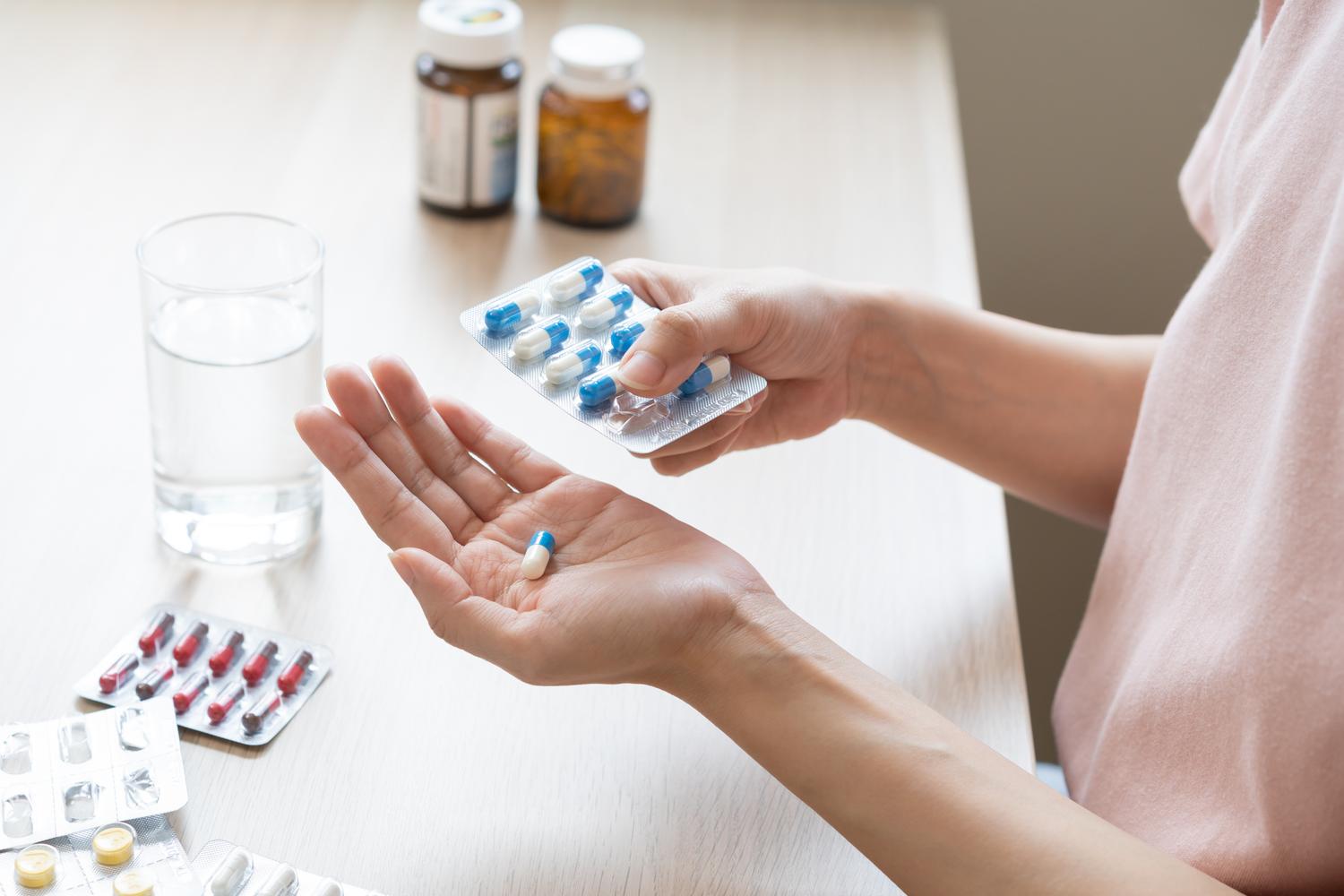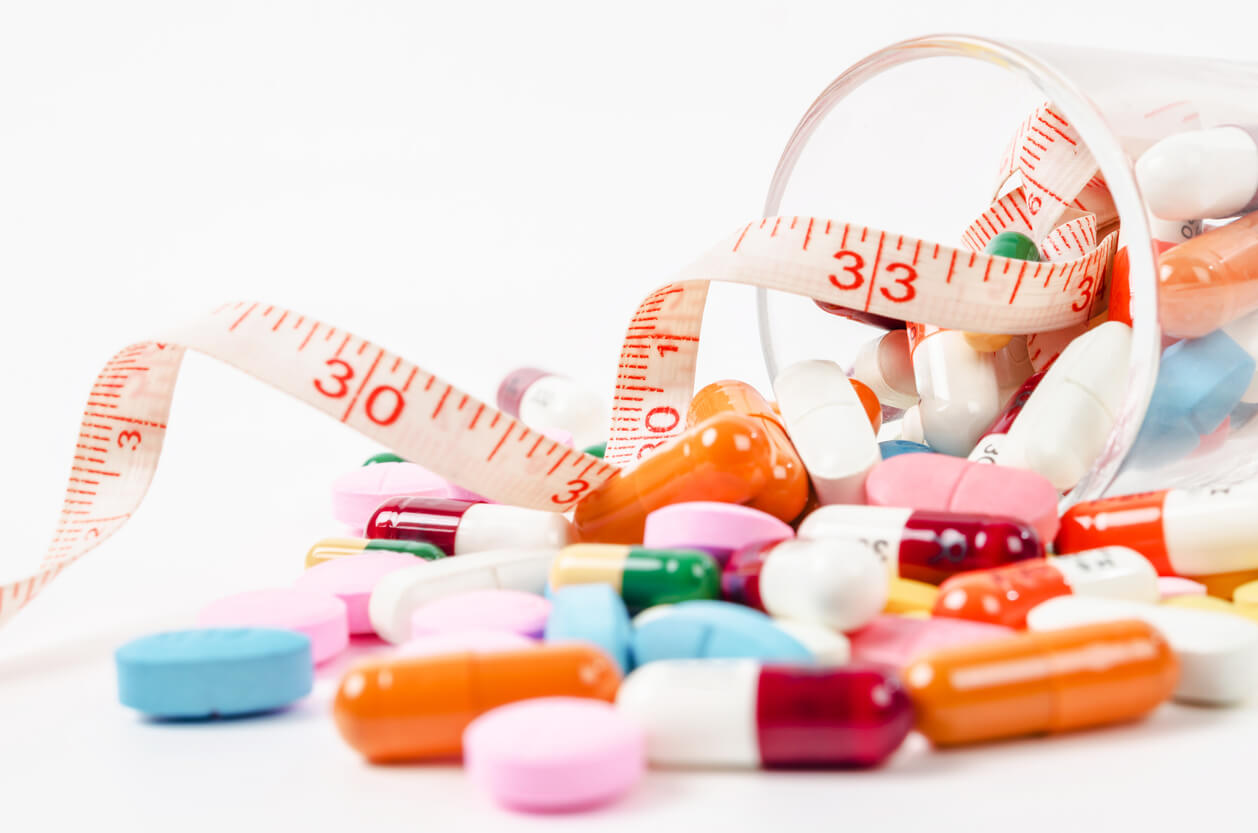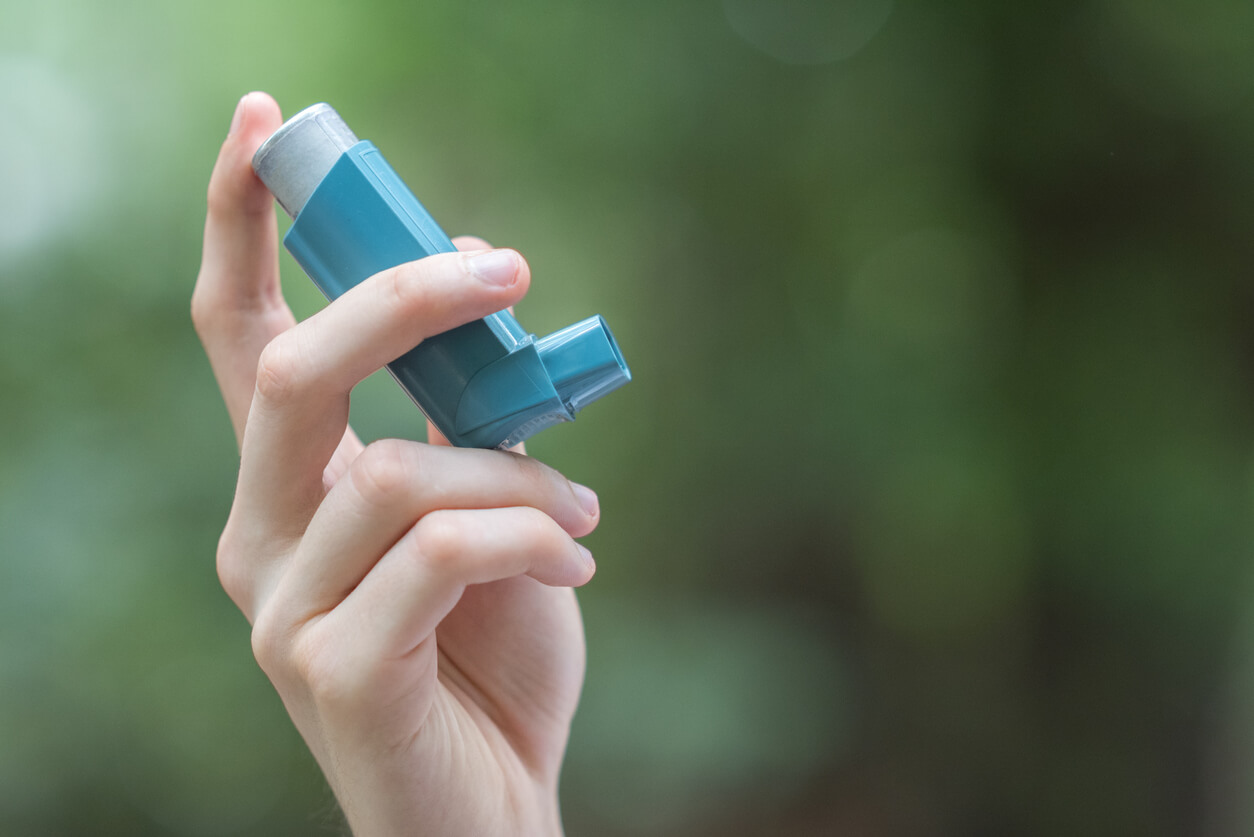Antidepressants: Uses, Types, and Side Effects
A complete guide to antidepressants
What are antidepressants?
Antidepressants are prescription drugs used by health care professionals to treat depression. There are many different types of antidepressants. The word “antidepressant” is an umbrella classification for diverse subgroups of drugs used to treat depression.
In general, these drugs work by acting on neurotransmitters in the brain. Studies have shown that these chemical messengers have a relationship with the symptoms of depression and other mental health conditions. Different classes of antidepressant medications work on the brain in different ways. The prescribed medication will depend on your symptoms, health history, and family history.
Antidepressants are usually supplied as oral capsules or tablets. While antidepressants may not cure major depression alone, they are typically prescribed in conjunction with psychotherapy (talk therapy) and other lifestyle adjustments to help patients reduce symptoms.
What are antidepressants used for?
Health care providers prescribe antidepressants as a treatment option for major depressive disorder, chronic pain, and other mental health conditions like obsessive-compulsive disorder (OCD), anxiety disorder, and post-traumatic stress disorder (PTSD).
Depression, also known as major depressive disorder or clinical depression, is a mood disorder that negatively affects how you think, behave, and feel. Untreated depression can lead to a range of emotional and physical issues. Other mental conditions, such as schizophrenia and bipolar disorder, can cause depression. Symptoms of depression can make it difficult to carry out day-to-day tasks and maintain personal relationships.
The symptoms of depression may vary from person to person. They may appear mild in some, while they can be debilitating in others.
Common symptoms of depression include:
- Persistent feelings of sadness, hopelessness, or loneliness
- Outbursts of irritability or anger
- Loss of interest or pleasure in activities, especially activities that bring pleasure like hobbies or sex
- Sexual problems/ sexual dysfunction
- Sleep problems like insomnia or sleeping too much
- Slowed speech
- Tiredness or lack of energy
- Reduced appetite or weight loss
- Weight gain
- Impaired or slowed thinking
- Restlessness and anxiety
- Suicidal thoughts
If you are experiencing any of these symptoms, make an appointment to talk to your health care provider or a mental health care provider. If you are experiencing suicidal thoughts, call or text 9-8-8 for the Suicide & Crisis Lifeline. This lifeline is available 24/7.
Depression is more than just feeling sad. These feelings are persistent and require treatment. If left untreated, depression can lead to complications such as:
- Social isolation
- Anxiety disorders
- Weight gain or weight loss
- Eating disorders (like anorexia or bulimia)
- Self-mutilation
- Suicidal thoughts or behaviors
- Alcohol or drug abuse
In addition to their use as a treatment for major depressive disorder, antidepressants may be prescribed for other purposes. This includes bulimia, anxiety disorder, obsessive-compulsive disorder (OCD), bipolar depression, post-traumatic stress disorder (PTSD), and chronic pain.
What are the different types of antidepressants?
Antidepressant is a broad term for a diverse family of drugs that work differently. These drugs are usually prescribed with other forms of therapy (like psychotherapy) to treat depression completely.
The main classes of FDA-approved antidepressants are:
Selective Serotonin Reuptake Inhibitors (SSRIs): SSRIs block serotonin's reabsorption in our brain cells. Serotonin is a naturally occurring chemical messenger (neurotransmitter) responsible for regulating mood and helping you feel happy. Neurotransmitters send signals between your brain and neurons in the body. Once a signal has been sent, the neuron reabsorbs the serotonin to be recycled.
By blocking the reabsorption (or reuptake) of serotonin in the brain, SSRI medication allows the neurotransmitter to stay active in the brain longer. This can help balance your mood and reduce symptoms of major depressive disorder.
SSRIs are a common first-line treatment for depression, as they are very effective and cause fewer side effects than other antidepressants.
Examples of SSRIs include:
- Citalopram (Celexa)
- Escitalopram(Lexapro)
- Fluoxetine (Prozac)
- Sertraline (Zoloft)
- Paroxetine (Paxil)
Selective norepinephrine reuptake inhibitor (SNRI): SNRIs block the reabsorption of serotonin and norepinephrine, also known as noradrenaline, by our brain cells. Serotonin and norepinephrine are naturally occurring chemical messengers (neurotransmitters) responsible for regulating mood and brain activity. Neurotransmitters send signals between your brain and neurons in the body. Once a signal has been sent, the neuron reabsorbs the serotonin and norepinephrine to be recycled.
By blocking the reuptake (reabsorption) of these neurotransmitters, SNRIs help control brain function and behavior. This can help reduce the symptoms of depression.
Examples of SNRIs include:
- Desvenlafaxine (Khedezla)
- Duloxetine DR (Cymbalta)
- Venlafaxine (Effexor)
- Venlafaxine ER (Effexor ER)
Tricyclic Antidepressants (TCAs): Tricyclic antidepressants work by increasing the amount of serotonin in your brain. Your brain naturally produces two neurotransmitters, serotonin and norepinephrine, which can help you stay focused, emotionally stable, happier, and calmer. In patients with major depressive disorder, serotonin levels are thought to be low, leading to depression symptoms. Tricyclic antidepressants block the absorption of serotonin and norepinephrine, which leads to a buildup of these neurotransmitters. The increased concentrations of norepinephrine and serotonin help reduce depression symptoms.
Examples of TCAs include:
- Amitriptyline (Endep)
- Nortriptyline (Pamelor)
- Clomipramine
- Doxepin (Silenor)
- Imipramine
Monoamine Oxidase Inhibitors (MAOIs): MAOIs were the earliest form of antidepressant medication. These drugs work by blocking the action of monoamine oxidase in the nervous system. Monoamine oxidase removes neurotransmitters like norepinephrine, serotonin, and dopamine from the brain. By blocking this action, MAOI medication keeps these mood-regulating chemicals in the brain longer. This helps reduce the symptoms of depression.
MAOIs are not prescribed as often as other forms of antidepressant medication as they have been shown to cause serious side effects and potentially life-threatening interactions with other drugs and foods. Specifically, the amino acid tyramine should be avoided while taking MAOIs. Tyramine has been found in cured meats, certain cheeses, sauerkraut, beer, and fermented soy products. This amino acid and MAOI medication can interact and cause dangerously high blood pressure in patients. Because of this, MAOI drugs are usually only prescribed for severe depression when other medications have proven ineffective.
Examples of MAOIs include:
- Selegline
- Phenelzine
- Isocarboxazid
- Tranylcypromine
Atypical antidepressants: Atypical antidepressants are drugs shown to treat depression effectively but cannot be classified in the groupings above. Each of these drugs has a different mechanism of action. In general, these drugs work by balancing neurotransmitter levels in the brain. This helps reduce the symptoms of depression.
Examples of atypical antidepressants include:
- Bupropion SR (Wellbutrin SR)
- Bupropion XL (Wellbutrin XL)
- Trazadone (Desyrel)
- Mirtazapine (Remeron)
What are the common side effects of antidepressants?
Antidepressants have different chemical makeups and various mechanisms of action on the body. These drugs will cause varying side effects, depending on the medication and patient. Some patients may experience no adverse reactions at all.
Possible side effects caused by antidepressant use include:
- Weight gain
- Sexual dysfunction
- Nausea
- Vomiting
- Diarrhea
- Constipation
- Drowsiness
- Dry mouth
- Blurred vision
If you begin to experience a skin rash, hives, or difficulty breathing after taking an antidepressant, you should seek medical attention immediately. These are early signs of an allergic reaction—a potentially life-threatening medical emergency.
SSRIs and SNRIs have been shown to cause serotonin syndrome, a serious medical condition caused by too much serotonin in the body. Common symptoms include restlessness, agitation, a rapid heart rate, heavy sweating, and twitching muscles. If you begin to experience these early signs of serotonin syndrome, seek medical attention immediately.
In addition, antidepressants have been linked to suicidal thoughts and attempts, especially in young people. This reaction usually happens at the initiation of treatment when there is a sudden surge in energy while still experiencing depression or suicidal thoughts. We recommend that family and friends be aware of the new medication so that they can stay alert and watchful during the initial stages of treatment. If you or someone you know begins to have thoughts of self-harm, seek medical attention immediately. You can also use the 9-8-8 for the Suicide & Crisis Lifeline.
Before starting treatment with any form of antidepressant, talk to your health care provider about any medications or supplements you are taking. Antidepressants can cause potentially harmful drug interactions when used simultaneously with other medications or supplements (like St. John’s wort). You should also tell your provider if you are pregnant or are planning to become pregnant before starting treatment with blood pressure medication. Let your doctor know if you are currently breastfeeding before beginning treatment with antidepressant medication.
Do I need a prescription for antidepressants?
Yes. There are no FDA-approved medications for major depressive disorder available over-the-counter.
Providers on Sesame can write a prescription – or refill an existing one – during a virtual or in-person visit. Depending on the medication, you can arrange for same-day pickup at a pharmacy near you. Book an online consultation with a real, licensed provider on Sesame today to determine whether or not antihypertensives are right for you.
If you have a family history of depression or are experiencing symptoms of a mental health condition, you should book a video mental health visit with a licensed health care provider on Sesame to discuss your symptoms and possible treatment options.









